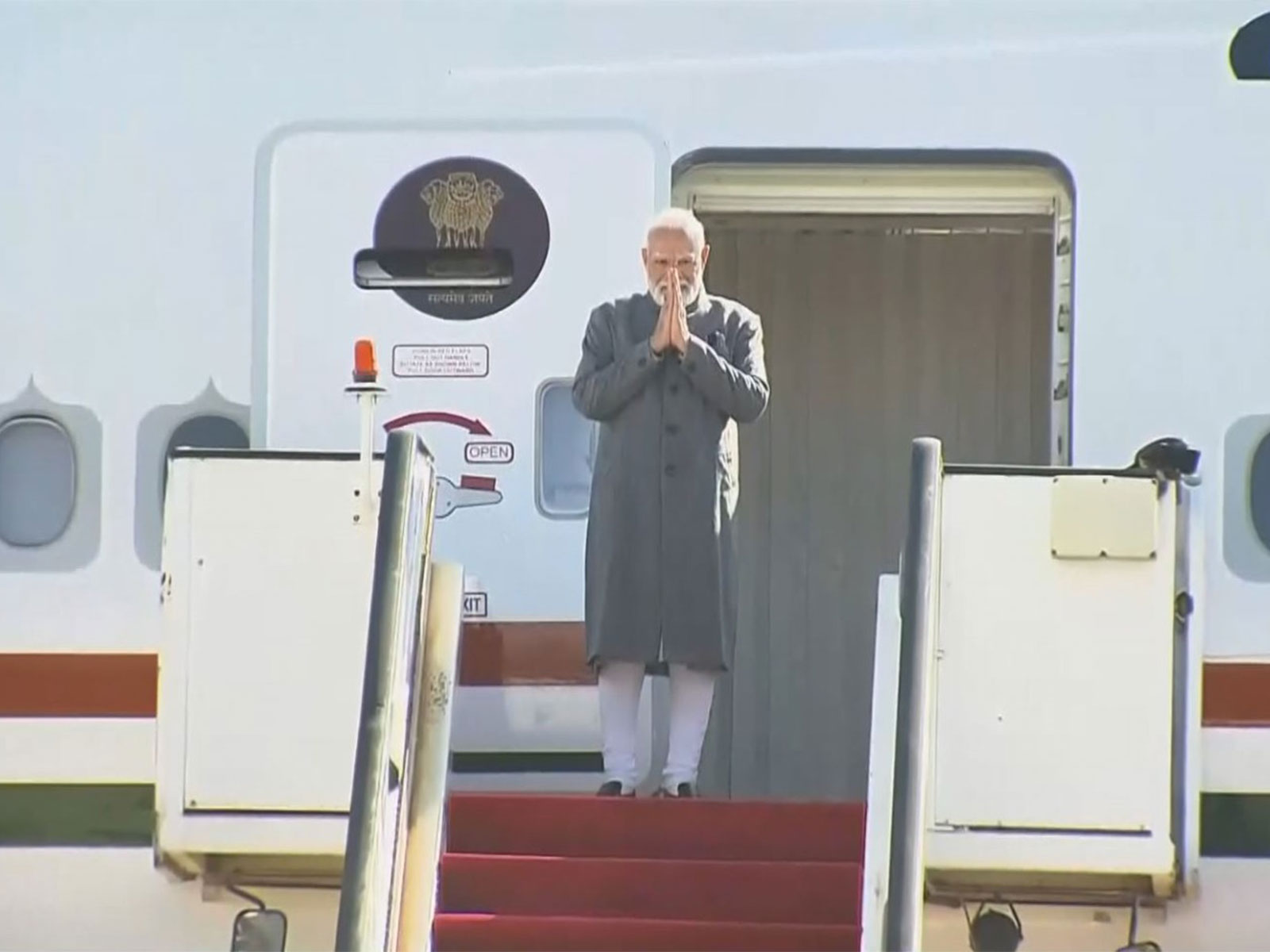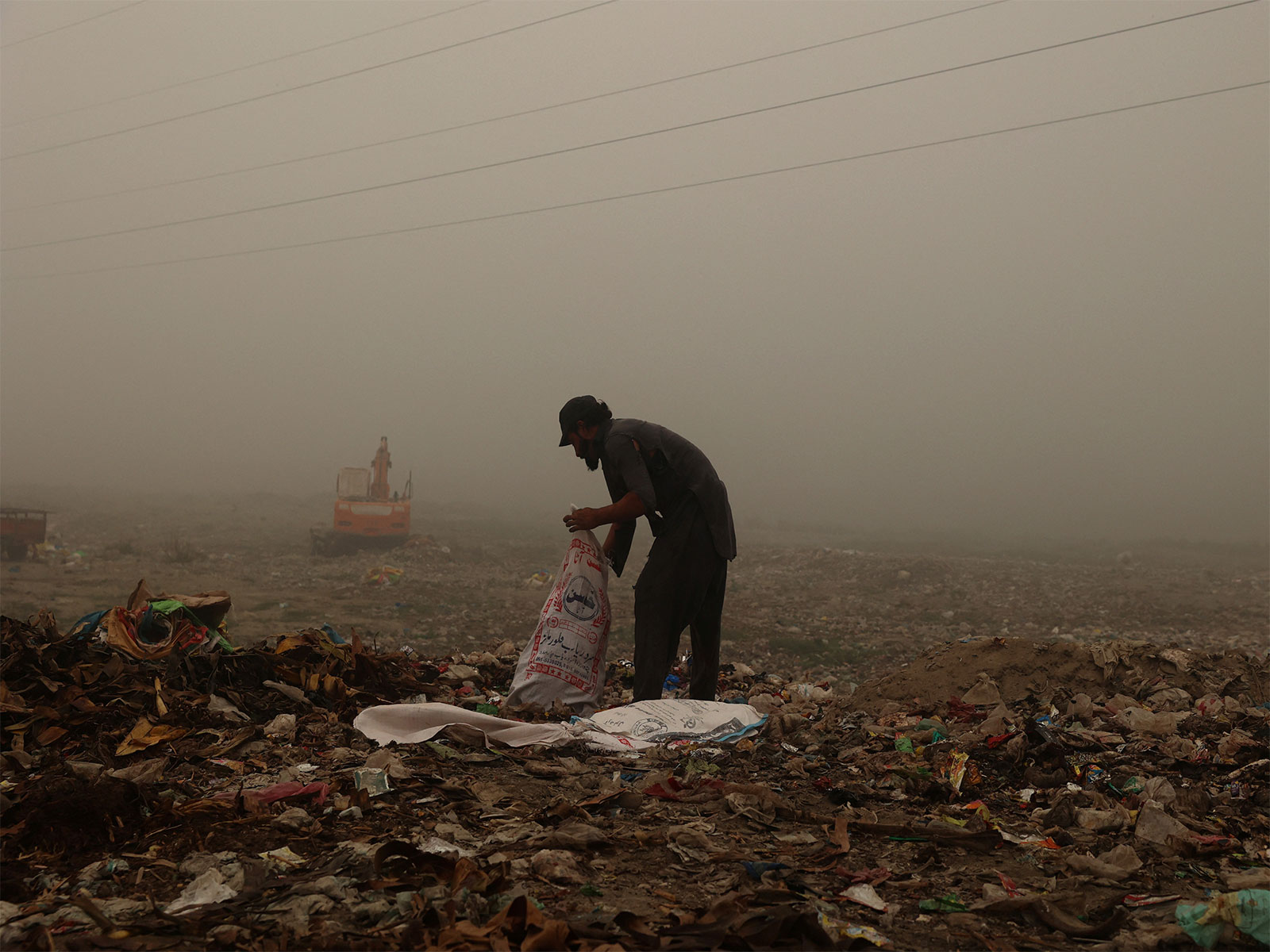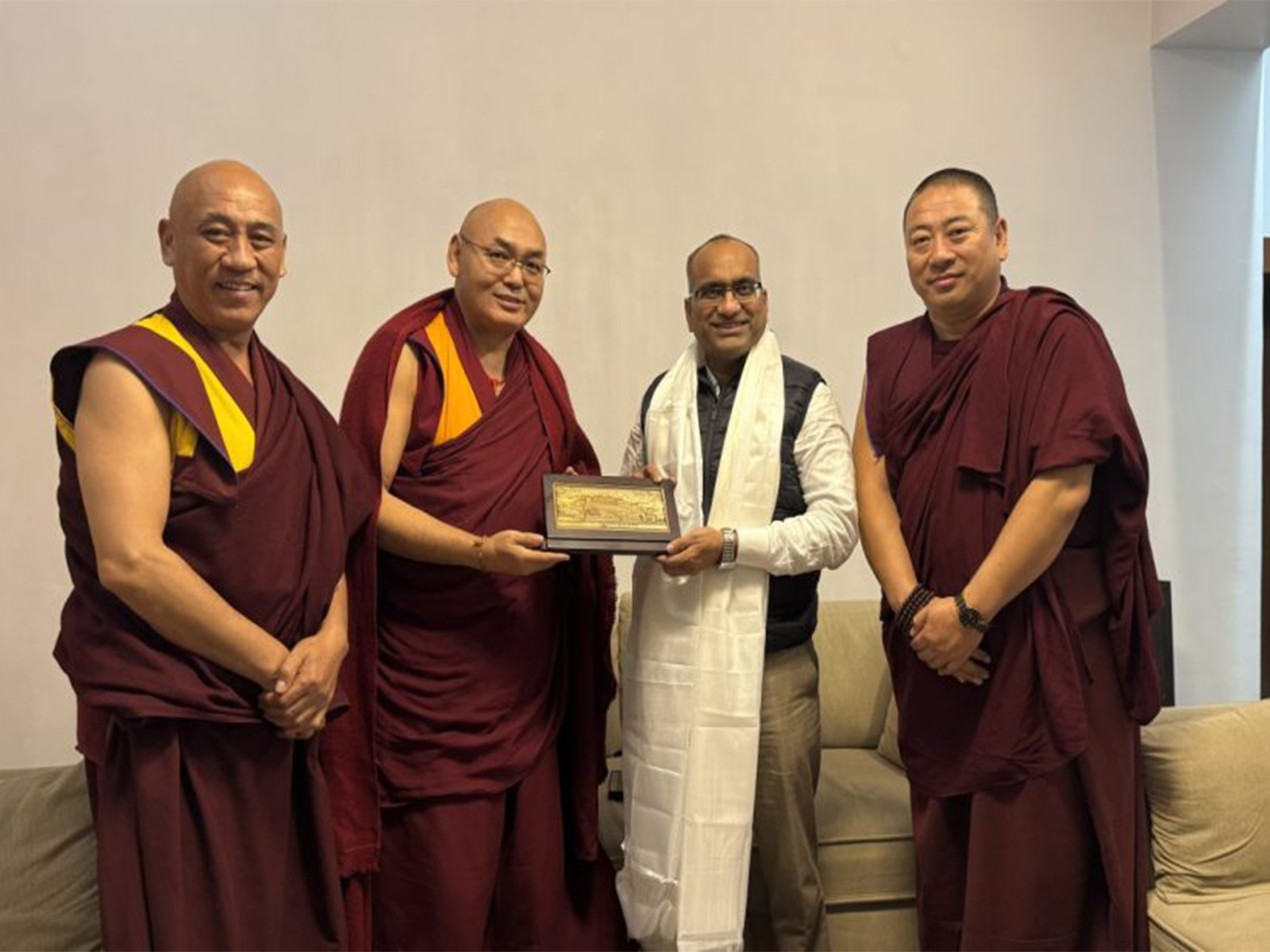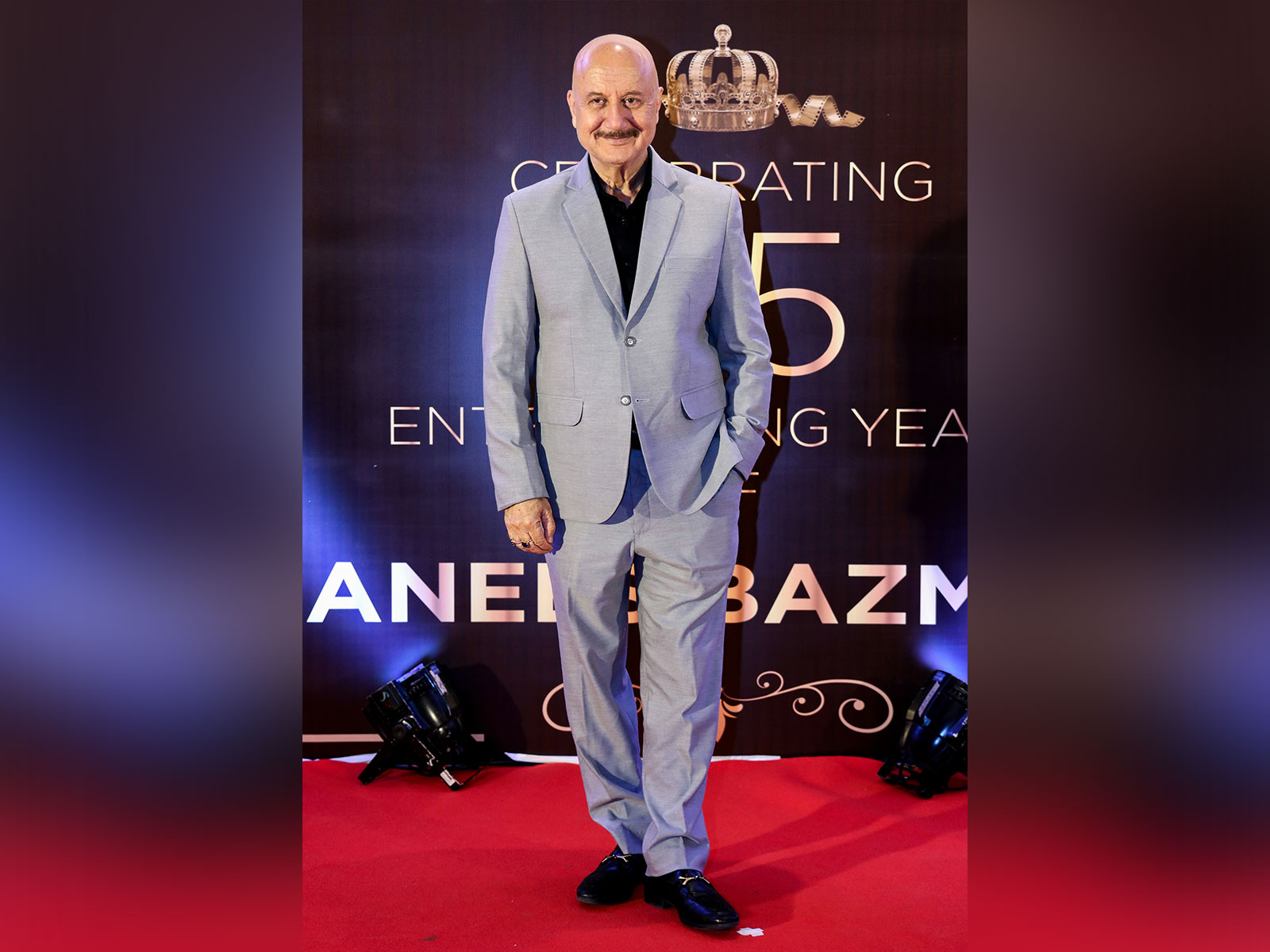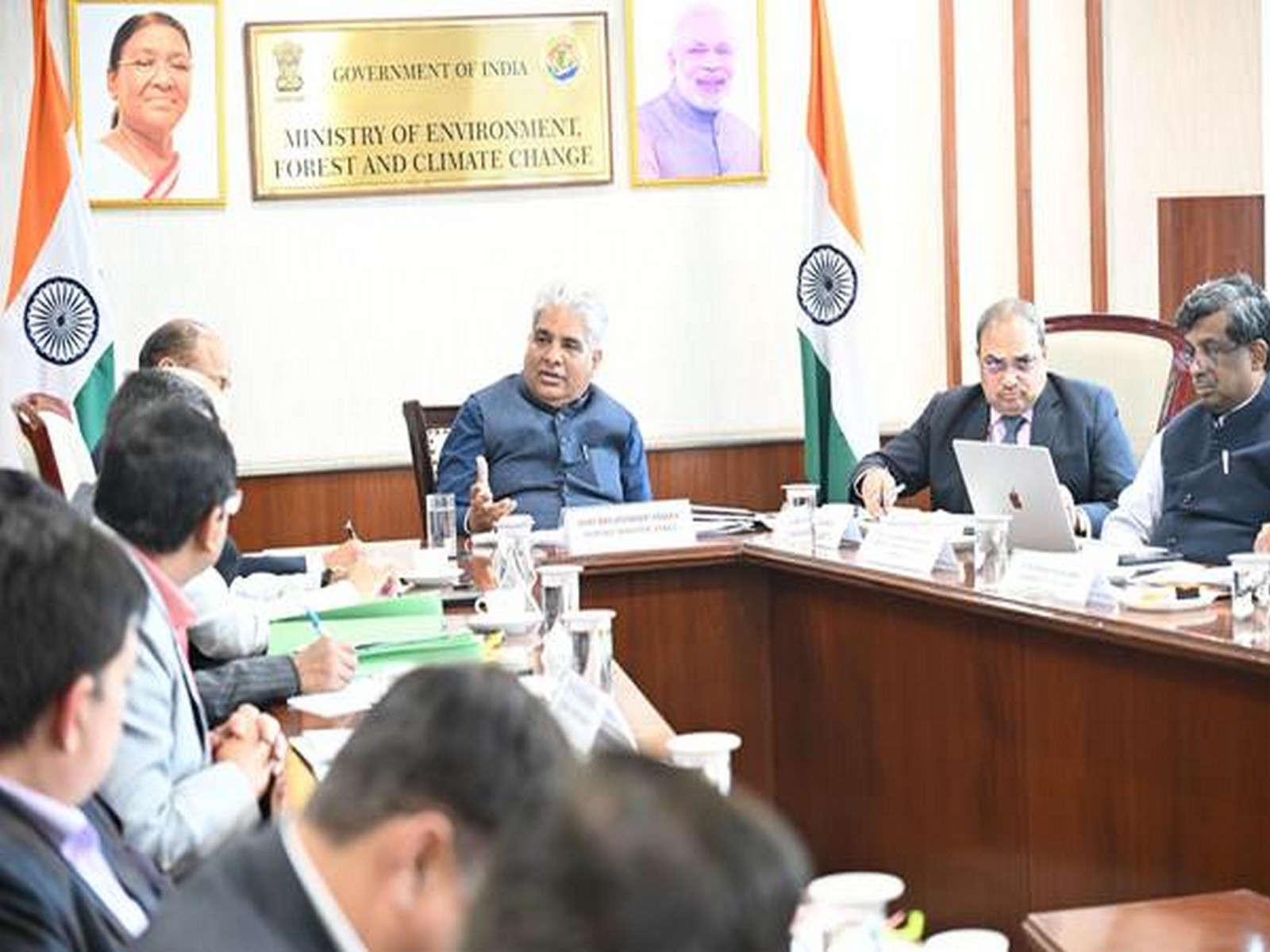Muhammad Yunus agrees to be chief adviser to interim government in Bangladesh
Aug 06, 2024

Dhaka [Bangladesh], August 6 : Nobel Laureate Muhammad Yunus has agreed to take on the role of chief adviser for the interim government, Dhaka Tribune reported on Tuesday.
Yunus said when he was first approached, he was hesitant, but said he agreed because someone needs to take responsibility for the country to be governed properly.
"When I was first approached on behalf of the students, I was hesitant and mentioned my existing commitments. However, the students were persistent in their requests," Yunus reportedly said.
"Many lives have been lost in this movement, including students and ordinary citizens. Now, Bangladesh has a chance to govern itself properly, and this can only be achieved if you take responsibility. If you don't, it will be detrimental to all of us. That's why we are asking you to take on this responsibility," one student argued.
The economist also reflected on the sacrifices made by the students and the people of Bangladesh, saying, "Given the significant sacrifices made by the students and the public, I realized I also have a responsibility. I told the students I would accept the role."
Notably, Yunus had travelled to Paris as a special guest at the invitation of the Olympic Committee and remains abroad for medical treatment.
He is expected to return to Bangladesh "as soon as possible," as reported by Dhaka Tribune.
Earlier, the coordinators of the Anti-Discrimination Student Movement have announced an outline for an interim government headed by Nobel Laureate Dr Muhammad Yunus.
This information was conveyed in a video message by key coordinators of the student movement, Nahid Islam, Asif Mahmud, and Abu Bakar Mazumdar on Tuesday.
Bangladesh is facing a fluid political situation with Sheikh Hasina, on August 5, tendering her resignation from her post in the wake of mounting protests. The protests, led majorly by students demanding an end to a quota system for government jobs, took the shape of anti-government protests.
Earlier in the day, President Mohammed Shahabuddin, announced the dissolution of the country's parliament to make way for the formation of an interim administration, Dhaka Tribune reported.
In another major development, BNP chairperson and former Prime Minister Khaleda Zia was also released.
Hasina arrived in India on Monday evening and it is not clear if she will stay in Delhi or move to another location.
Meanwhile, in Dhaka, leaders of the Anti-Discrimination Student Movement have proposed an interim government led by Nobel Laureate Muhammad Yunus, in a bid to address Bangladesh's ongoing challenge.
